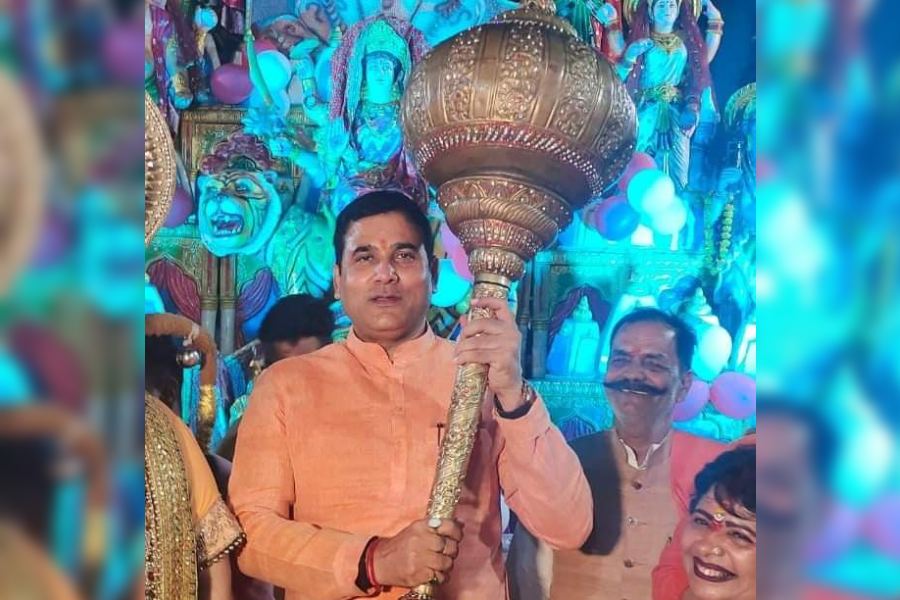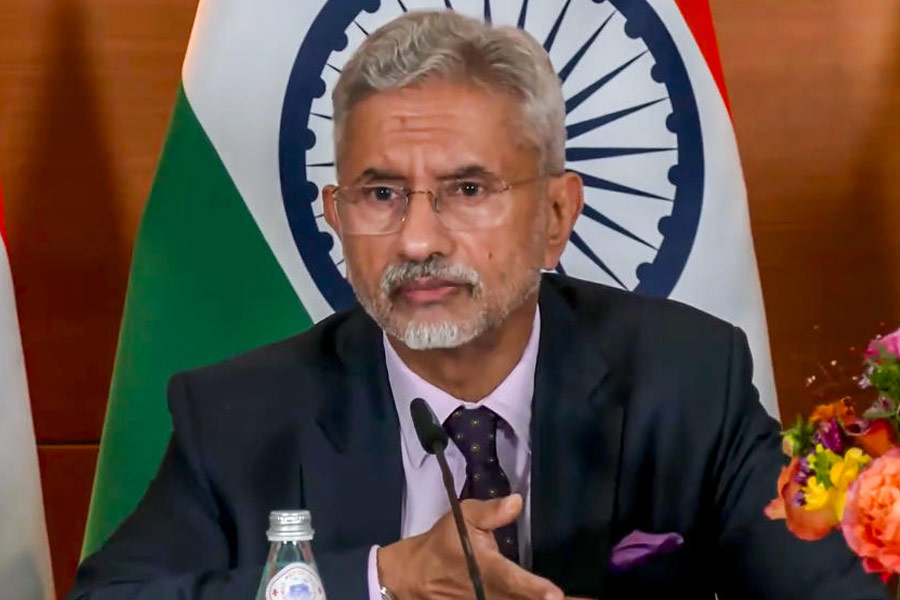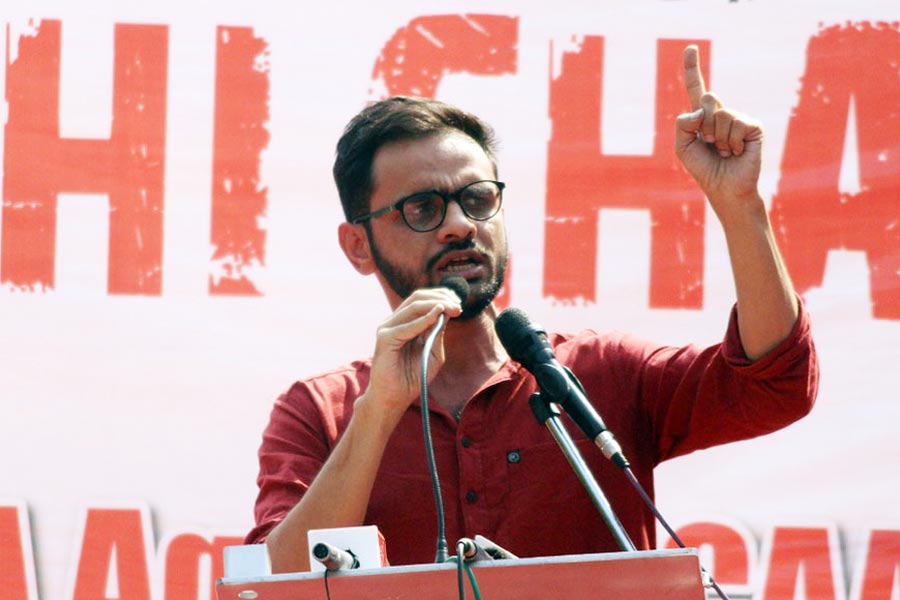To invest in the health and education of a population is one of the wisest things that a government can do, but governments are not always wise. Or wise enough. India has made great advances in medicine and conducted some remarkably successful public health programmes since Independence. Yet there are certain lacunae in its governments’ thinking about health, one aspect of which has been laid bare by the recent findings of researchers from the International Institute of Population Sciences, Mumbai. A large number of middle-aged and elderly people — 30% — either stop working or are compelled to reduce work because of chronic illnesses, such as stroke, neurological or psychiatric diseases or cardiac problems. ‘Lifestyle diseases’ not only bring about changes in actual lifestyle — income and living standards — but, looked at from the other end as this research does, they also affect productivity. If a noticeable percentage of the mature workforce cannot be fully productive, it cannot be good for the economy. Fifty-eight per cent of 45- to 60-yearolds who drop out of work or curtail it do so because of ill health.
Underlying this outcome is a strange lack of awareness about the way health should be preserved. Not all of it is a question of contagion or vaccination. Chronic illnesses require longterm programmes of awareness and prevention; cure may be difficult and expensive. The chief researcher pointed out that primary level healthcare requires greater investment, for only then can potential risks be minimised with early treatment. This would bring up issues of access, understanding, and approach. The study found that people with less education and lower income cannot afford to stop work. But a construction worker with a heart problem, for example, would not be able to continue working anyway. Besides, for the lower-income worker, conditions such as chronic pain or diminishing vision can become an insurmountable challenge. Treatment for the daily wager is not easy — a visit to the hospital means a day’s loss, and this is apart from the cost of medicines. Although the research assesses the proportion of older people who leave or limit work because of chronic bad health, it uncovers some of the failures in India’s health system. Making prevention a priority in health planning could still help in improving this situation.











